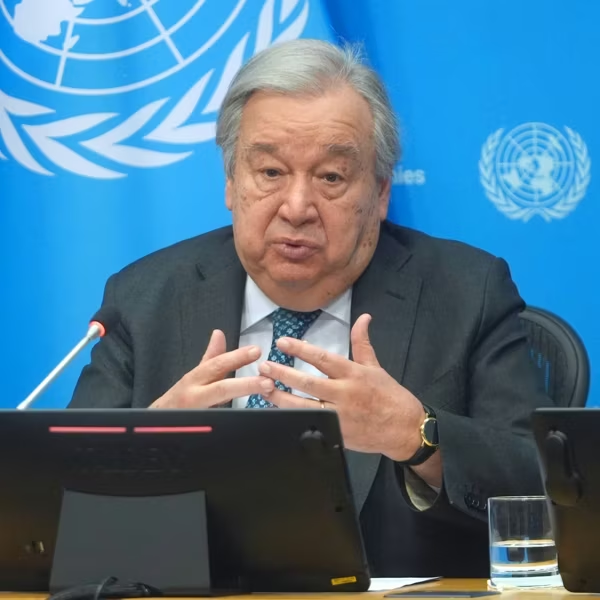Increasing inequality and the climate crisis are pushing the world towards another financial disaster, the International Monetary Fund chief said Friday--a warning, according to one anti-poverty group, that should be taken seriously.
IMF managing director Kristalina Georgieva made the remarks in a speech at the Peterson Institute for International Economics in Washington, D.C.
A theme of "increasing uncertainty," some of which is driven by inequality, has already emerged from the new year, Georgieva said.
The trend of rising inequality within countries, she said, "is reminiscent of the early part of the 20th century, when the twin forces of technology and integration led to the first Gilded Age, the Roaring Twenties, and, ultimately, financial disaster."
Unlike the 1920s, however, the new decade is confronted with an urgent climate crisis.
"In the 2020s," said Georgieva "the financial sector will have to grapple with preventing the traditional type of crisis, and handle newer ones, including climate-related shocks. Think of how stranded assets can trigger unexpected loss. Some estimates suggest the potential costs of devaluing these assets range from $4 trillion to $20 trillion."
She also pointed to new IMF research showing rising inequality--which her institution has helped fuel by promoting neoliberal policies--is a predictor of coming a financial crisis. Staving off that threat includes increasing affordable and readily available access to financial services to address inequality, sustaining regulatory mechanisms, and ensuring more stability. Key to the latter point is addressing the climate crisis.
"The financial sector can play a crucial role in moving the world to net zero carbon emissions and reach the targets of the Paris Agreement," said Georgieva. "To get there, firms will need to better price climate change impacts in their loans." Institutions will also increase stability and help lessen inequality by boosting lending to smaller firms, she added.
According to Jubilee USA director Eric LeCompte, it would be unwise to let Georgieva's comments fall on deaf ears.
"The IMF delivered a stark message about the potential for another massive financial disaster that we last experienced during the Great Depression," said LeCompte, also a United Nations finance expert. "With inequality on the rise and concerns of stability in the markets, we need to take this warning seriously."
"Trade problems and climate-driven weather events pose additional risks at this time," LeCompte added. "It's imperative that we ensure the financial sector is free of risky behavior and corruption if we want to protect ourselves from another global financial crisis."




